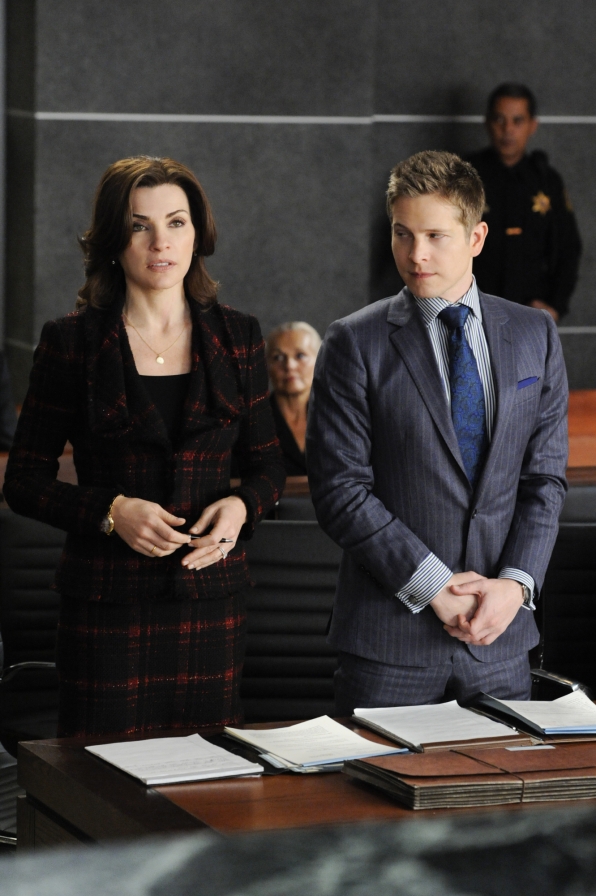With the second season of House
of Cards released, binge-watchers—including me—have delved back into
the scheming, frenetic, and sometimes violent inner workings of the fictional
federal government. One big
question that House of Cards quickly
raises is: Are Vice President Frank Underwood’s manipulative tactics and all
that follows reflective of how the government and legal system really work?
The
answer, in short, is no. (BEWARE, spoilers
are ahead.) One of the main
plotlines in season two involves wealthy American businessman Raymond Tusk funneling
Chinese money through an American-based casino to influence U.S. elections. The money goes toward PAC-funded ad
campaigns that attack the Democratic administration’s candidates in the
upcoming mid-term elections.
In
reality, campaign finance laws make Tusk’s job much easier. Tusk should not have used a super PAC
for the ad campaigns, but a 501(c)4
nonprofit, instead. 501(c)4s
do not have to disclose their donors or anything about their spending until a
year after the election on which it spent. Tusk could have easily avoided snooping reporters and enemy
Vice President Underwood’s investigations that way. Additionally, with a nonprofit, Tusk would not have needed
to create a web of Chinese donors to hide his influence; current laws would
allow him to donate anonymously with no repercussions.
Tusk
also had another, less complicated option at his disposal, in the form of a
shell corporation. The 2010 Citizens United v. FEC decision
legalized corporate donations in politics via super PACs and/or nonprofits. Instead of having Chinese visitors
“throw away millions,” at the cooperating casino, as the show explains, the
money could have gone directly toward its intended purpose. The House
of Cards method left a trail of plane tickets, casino video footage, and
airport/limo company/casino employees who might be willing to talk as evidence
of Tusks actions.
While
House of Cards obviously complicates
things for the sake of its action-packed twists, it could be more true-to-life. It goes against one of Frank’s iconic
quotes that, “There’s no better way to overpower a trickle of doubt than with a
flood of naked truth.” But,
because of House of Cards’ methods,
anti-hero Frank is able to come out on top, and keep viewers coming back for
more.
